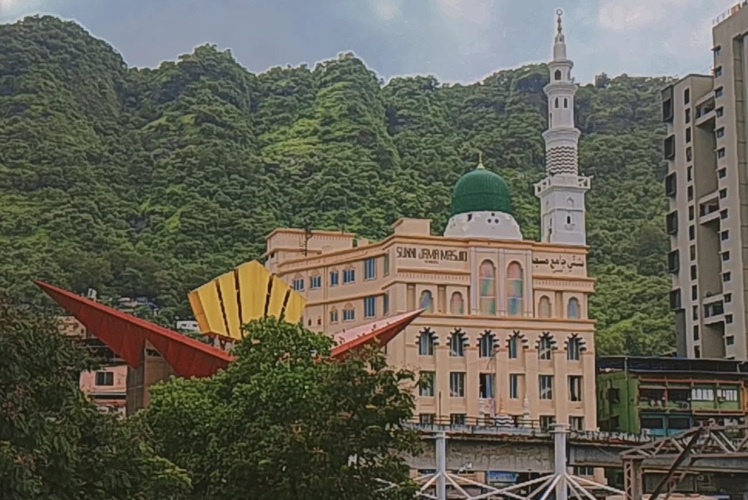By Shahriar Sharif for Khabar South Asia in Dhaka
Bangladesh never remotely dreamt of participating in the 2014 World Cup in Brazil. But it has been a big beneficiary of the sporting event, earning a projected $1 billion by selling World Cup replica jerseys and other paraphernalia.
The World Cup rush has been a boon for an industry battered by successive disasters in the past two years that threatened to wreck the country’s largest export earner and its economy as a whole.
“First, it was the devastating fire at Tazreen Fashions in 2012 and then the Rana Plaza collapse the following year. The twin tragedies nearly wrecked our industry and an atmosphere of foreboding engulfed us,” former Bangladesh Knitwear Manufacturers and Exporters Association (BKMEA) President Fazlul Haque told Khabar South Asia.
“But the World Cup proved to be a bonanza for us as we got flooded with fresh orders from international buyers, turning the whole industry around.”
Experts say World Cup-related trade has boosted the entire readymade garments industry, which accounts for over $22 billion – more than 80% of Bangladesh’s total export earnings.
“It really boosted the economy as a whole and that’s largely because of the income related to the World Cup,” Dhaka University economics professor A. K. Monowar Uddin Ahmed said.
Industry leaders acknowledge that the authentic jerseys similar to what superstars like Lionel Messi, Cristiano Ronaldo or Neymar wear during matches are expensive, but Bangladeshi replicas are affordable and high quality.
“The fan may not know which country produced the jersey he or she is wearing but the retailers can easily identify the source of origin by looking at the code number, and that’s how they would know that it’s from Bangladesh,” former BKMEA president Mohammad Hatem told Khabar.
He said their exports this year have risen by over 16%, largely driven by demand for World Cup gear.
“We haven’t got the final report yet, but analysing the volume of orders different factories have obtained for the World Cup, we can safely calculate the trade would cross $1 billion,” he said.
He added that time constraints and factory productivity prevented volume from increasing further.
Factory workers are enthusiastic about being part of the World Cup frenzy.
“We wish we could do more work. But we’re happy that the World Cup brought substantial business for our factory after suffering quite a bit due to the adverse impact of the Tazreen and Rana Plaza disasters,” Sheikh Mohammad Jinnah, a factory worker in Narayanganj, told Khabar.






0 Comments